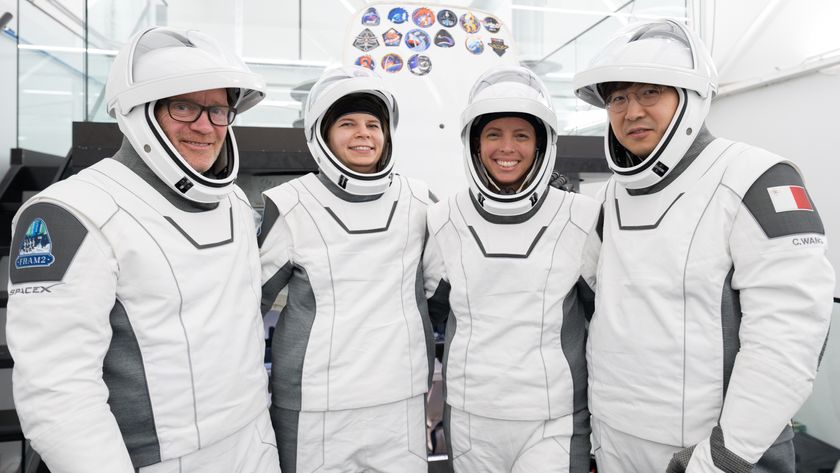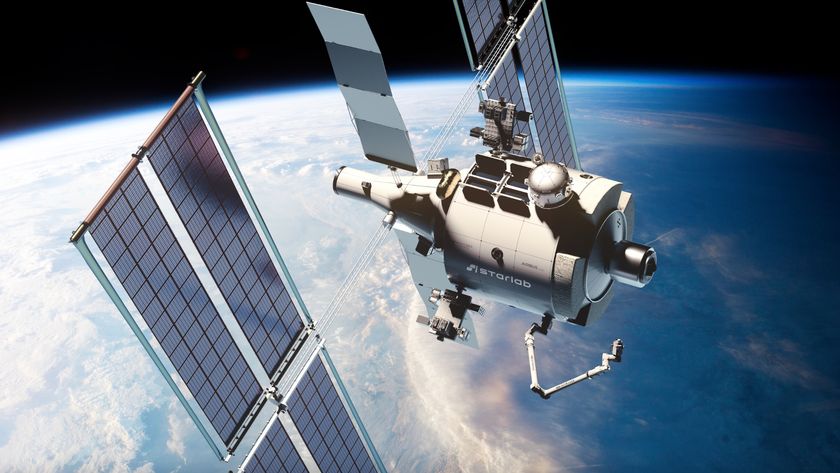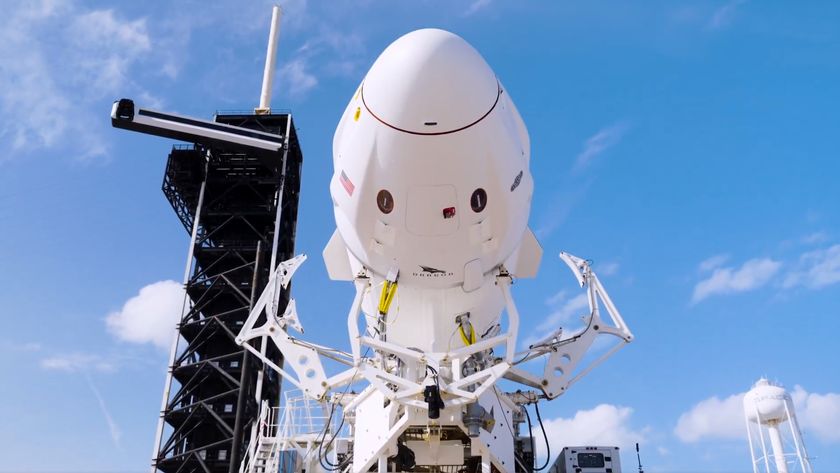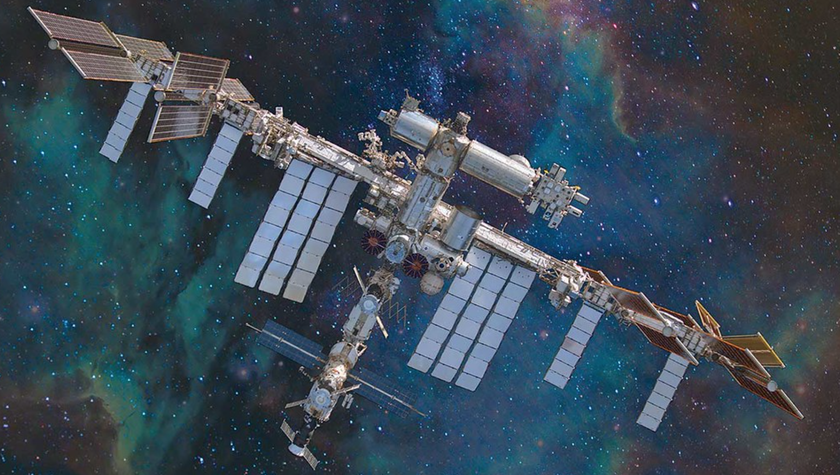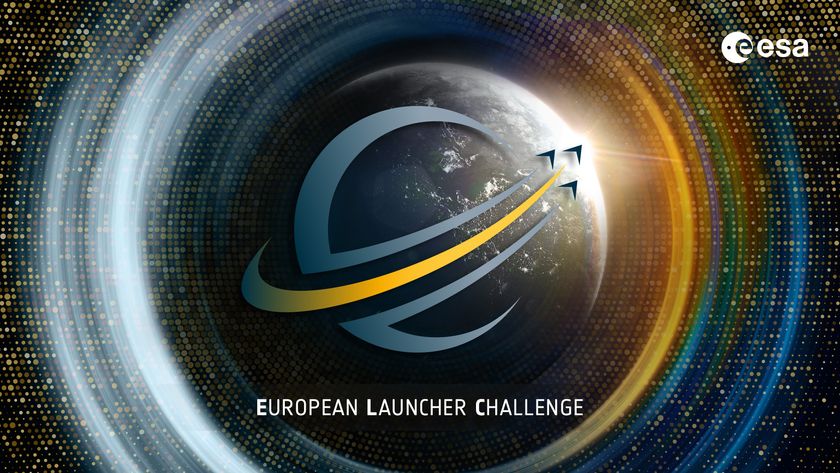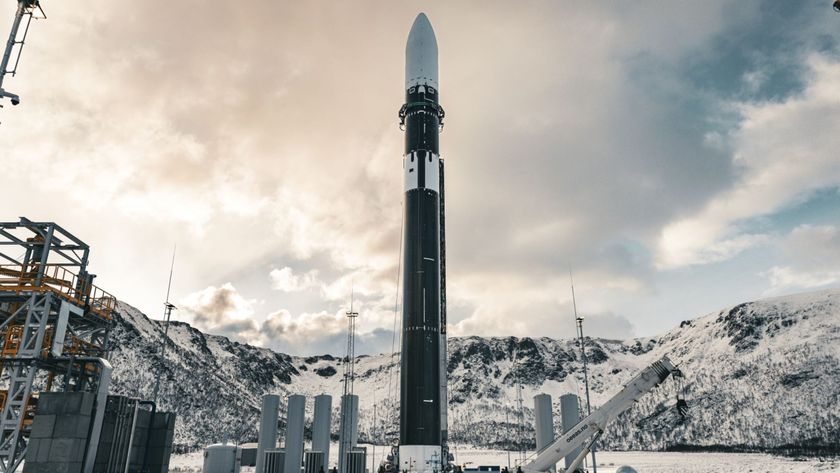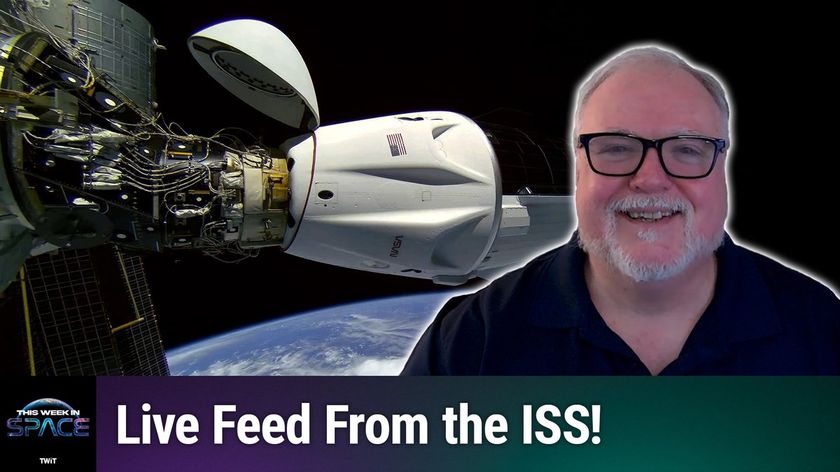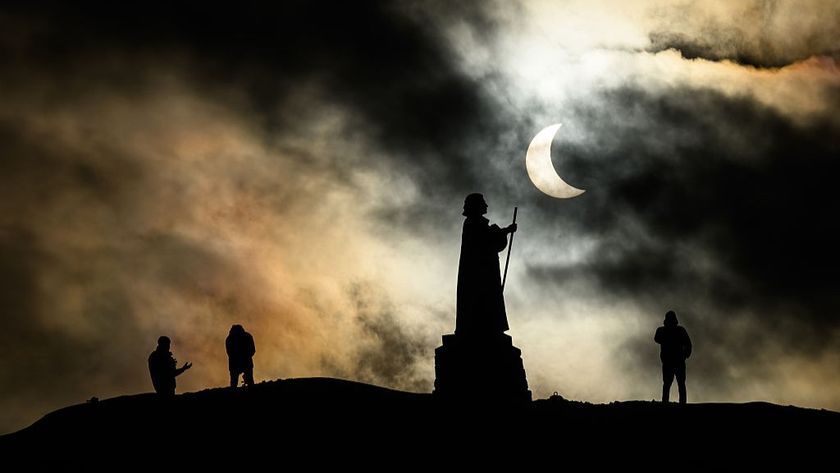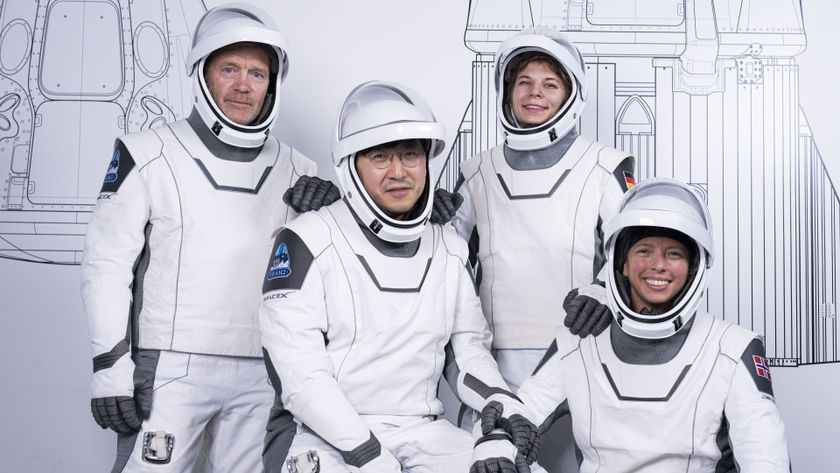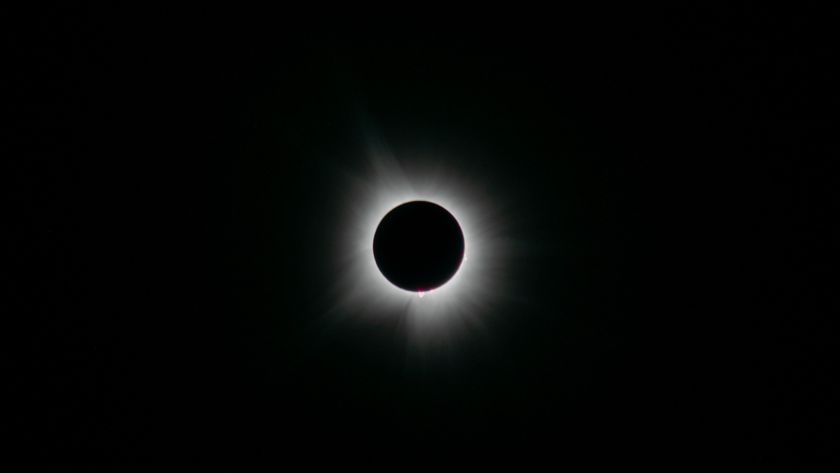1st Private Spaceship Flight to Space Station May Slip to April: NASA
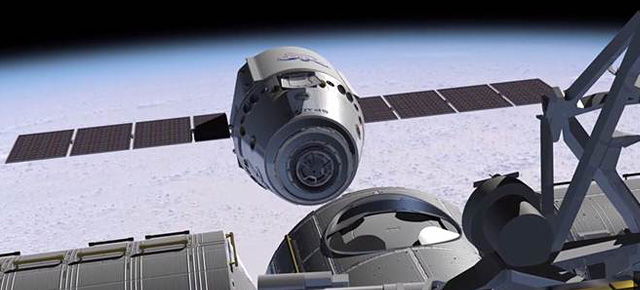
The launch of the first privately built spaceship to the International Space Station is targeted for late March, but will most likely lift off in early April, a top NASA space station official said today (Feb. 2).
The unmanned Dragon space capsule, built by California-based Space Exploration Technologies (SpaceX), was originally scheduled to launch on a demonstration flight to the orbiting complex on Feb. 7, but the company announced last month that more time is needed to prepare the vehicle for flight.
The capsule will now launch no earlier than March 20, but a more precise date will be announced in the coming weeks, SpaceX and NASA officials have said.
"There are no big problems being worked but there's a lot of little things they're trying to wrap up," NASA's station program manager Mike Suffredini told reporters in a news briefing today. "It's a challenging date, so I wouldn’t hold my breath that that's going to be the date we'll actually launch. We'll fly within a couple weeks of that date, probably."
The announcement of SpaceX's launch delay came alongside news that the launch of three new crewmembers to the space station will also be postponed until May due to issues with the Russian-built Soyuz spacecraft.
With testing and modifications currently underway, SpaceX and NASA will likely be able to set a new launch date within a couple of weeks, Suffredini said.
"We've agreed that in a couple weeks we’ll try to pick the new launch date," he added. "Then we'll have software regression testing done, we'll have a good handle on what work we have remaining. We'll set a date at that point if we can't meet March 20." [Photos: Dragon, SpaceX's Private Spaceship]
Get the Space.com Newsletter
Breaking space news, the latest updates on rocket launches, skywatching events and more!
The Dragon capsule is slated to launch atop SpaceX's own Falcon 9 rocket and, if successful, will be the first private spaceship ever to rendezvous and dock with the International Space Station. The flight, which will mark a critical step for the private spaceflight industry, is designed to test the robotic vehicle's ability to carry cargo to the station.
As part of the requirements, the spacecraft will approach the complex and members of the space station crew will latch onto the vehicle using the station's robotic arm. It will then be attached to the Earth-facing side of the station's Harmony node in a process similar to how the robotic Japanese cargo ships are manually docked to the outpost.
The upcoming Dragon flight is the second for SpaceX under NASA's Commercial Orbital Transportation Services (COTS) program. While this mission will test the capsule's ability to rendezvous and dock to the space station, SpaceX also plans to use a version of the vehicle to eventually carry astronauts and other paying customers to low-Earth orbit.
Dragon launched on its maiden flight in December 2010 in what was SpaceX's first test flight of the robotic vehicle. The spacecraft orbited Earth twice before splashing down in the Pacific Ocean. The successful test flight marked the first time a commercial company launched into space and returned it safely.
With the retirement of NASA's space shuttle fleet in 2011, several commercial companies are vying to fill the cargo-carrying void left by the agency's mothballed reusable orbiters. NASA's COTS program aims to foster the development of a new fleet of private spaceships to deliver food, supplies and hardware to the space station.
As part of its partnership with NASA, SpaceX will receive up to $396 million for the successful completion of the milestones outlined in their Space Act Agreement.
Orbital Sciences Corp is another private company developing a cargo freighter under NASA's COTS program. The company, based in Dulles, Va., is building its Cygnus spacecraft to carry supplies to the space station. Orbital will receive up to $288 million for the successful completion of their planned milestones, with the first Cygnus test flight expected in 2012.
Assistant managing editor Clara Moskowitz (@ClaraMoskowitz) contributed to this report. You can follow SPACE.com staff writer Denise Chow on Twitter @denisechow. Follow SPACE.com for the latest in space science and exploration news on Twitter @Spacedotcom and on Facebook.
Join our Space Forums to keep talking space on the latest missions, night sky and more! And if you have a news tip, correction or comment, let us know at: community@space.com.

Denise Chow is a former Space.com staff writer who then worked as assistant managing editor at Live Science before moving to NBC News as a science reporter, where she focuses on general science and climate change. She spent two years with Space.com, writing about rocket launches and covering NASA's final three space shuttle missions, before joining the Live Science team in 2013. A Canadian transplant, Denise has a bachelor's degree from the University of Toronto, and a master's degree in journalism from New York University. At NBC News, Denise covers general science and climate change.
